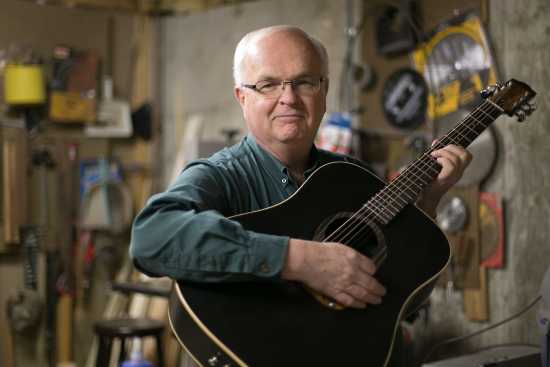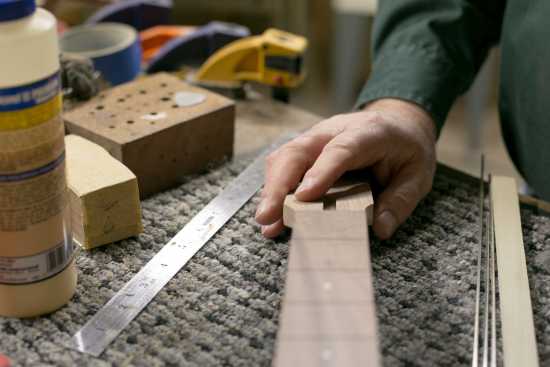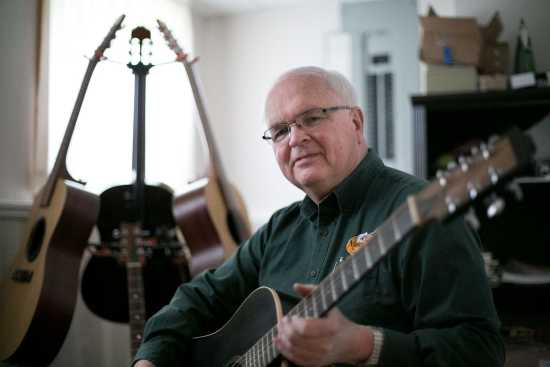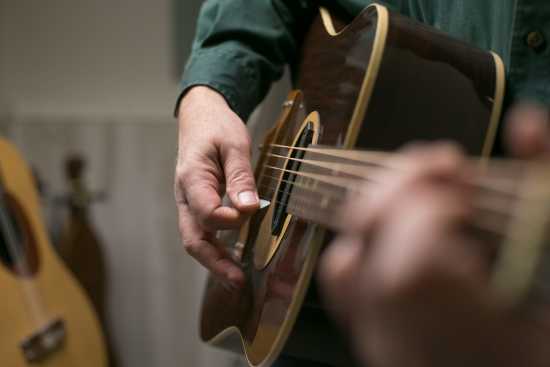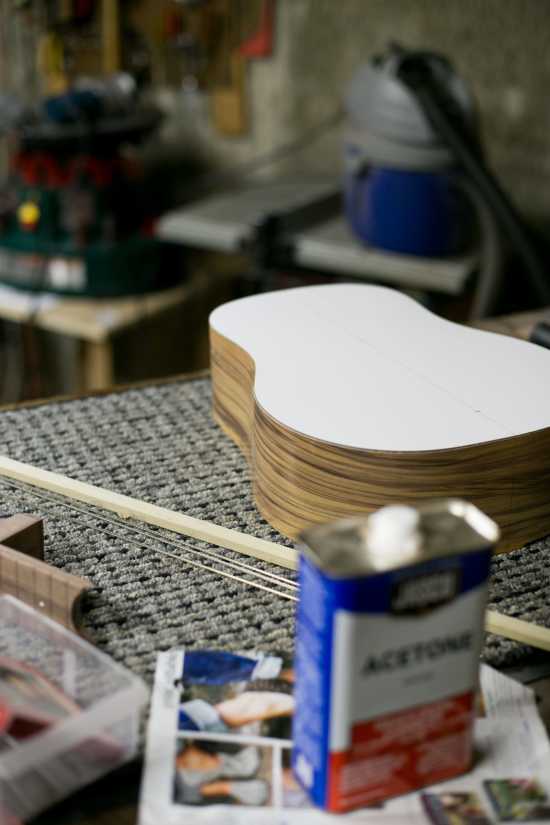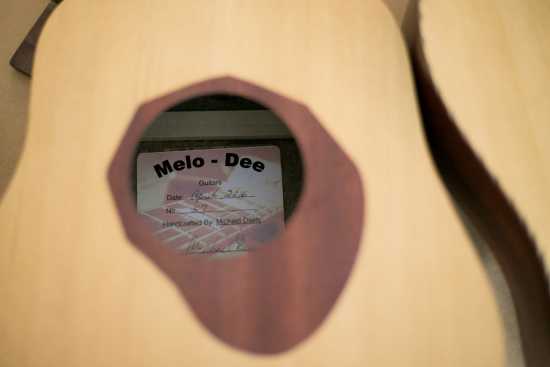More to explore
-
 Local News 5/2/24Cape Girardeau officials question 'confidence' in city’s prosecuting attorney over criminal defense cases13Cape Girardeau’s top law official has questioned private practice actions taken by the city’s municipal prosecuting attorney, contending a conflict of interest. Chief of police Wes Blair pointed out in an April 17 email to city administration and...
Local News 5/2/24Cape Girardeau officials question 'confidence' in city’s prosecuting attorney over criminal defense cases13Cape Girardeau’s top law official has questioned private practice actions taken by the city’s municipal prosecuting attorney, contending a conflict of interest. Chief of police Wes Blair pointed out in an April 17 email to city administration and... -

-
 Local News 5/2/242024 Muddy River Marathon happening this weekendThe 2024 Muddy River Marathon will return Saturday, May 4, on a course that winds and bends through the streets of Cape Girardeau, beginning and ending at Century Casino Cape Girardeau, 777 Main St. There will be more than 400 runners competing this...
Local News 5/2/242024 Muddy River Marathon happening this weekendThe 2024 Muddy River Marathon will return Saturday, May 4, on a course that winds and bends through the streets of Cape Girardeau, beginning and ending at Century Casino Cape Girardeau, 777 Main St. There will be more than 400 runners competing this... -
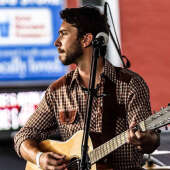
-
 Local News 5/2/24Celebrate the Arts this Friday at River CampusA Celebrate the Arts event will be held Friday, May 3, at Southeast Missouri State University’s River Campus in Cape Girardeau. There will be a showcase of music, theater and dance pieces at 7:30 p.m. in Bedell Performance Hall and an open gallery...
Local News 5/2/24Celebrate the Arts this Friday at River CampusA Celebrate the Arts event will be held Friday, May 3, at Southeast Missouri State University’s River Campus in Cape Girardeau. There will be a showcase of music, theater and dance pieces at 7:30 p.m. in Bedell Performance Hall and an open gallery... -

-

-

-

-

-

-
 Local News 5/1/24SEMO, Mid-America Transplant honor organ donors with memorial at River CampusSoutheast Missouri State University, in partnership with Mid-America Transplant, hosted the families of organ and tissue donors and transplant recipients Thursday, April 25, for the unveiling of a new memorial at the university’s River Campus...
Local News 5/1/24SEMO, Mid-America Transplant honor organ donors with memorial at River CampusSoutheast Missouri State University, in partnership with Mid-America Transplant, hosted the families of organ and tissue donors and transplant recipients Thursday, April 25, for the unveiling of a new memorial at the university’s River Campus... -

-
 Local News 5/1/24Jackson man faces assault, harassment chargesCody Bredekamp, 29, of Jackson was charged with Class E felonies of third-degree domestic assault and first-degree harassment after a woman told police she “felt like she was being held hostage”, according to a probable-cause statement filed by...
Local News 5/1/24Jackson man faces assault, harassment chargesCody Bredekamp, 29, of Jackson was charged with Class E felonies of third-degree domestic assault and first-degree harassment after a woman told police she “felt like she was being held hostage”, according to a probable-cause statement filed by... -
 Local News 5/1/24Northbound, southbound I-55 in Cape Girardeau County reduced for bridge workNorthbound Interstate 55 in Cape Girardeau County — from mile marker 91 to mile marker 92 near Cape Girardeau — will be reduced to one lane with a 10-foot width restriction as contractor crews make bridge repairs. According to the Missouri...
Local News 5/1/24Northbound, southbound I-55 in Cape Girardeau County reduced for bridge workNorthbound Interstate 55 in Cape Girardeau County — from mile marker 91 to mile marker 92 near Cape Girardeau — will be reduced to one lane with a 10-foot width restriction as contractor crews make bridge repairs. According to the Missouri... -

-
 Local News 4/30/24Cape Girardeau County coroner’s attorney asks that cameras be barred from criminal hearings5Attorney Lynne M. Chambers filed a motion last week to bar the media from recording video and audio in the felony case against Cape Girardeau County Coroner Wavis Jordan. Chambers’ filing was in response to a request made to the court by KFVS12...
Local News 4/30/24Cape Girardeau County coroner’s attorney asks that cameras be barred from criminal hearings5Attorney Lynne M. Chambers filed a motion last week to bar the media from recording video and audio in the felony case against Cape Girardeau County Coroner Wavis Jordan. Chambers’ filing was in response to a request made to the court by KFVS12... -
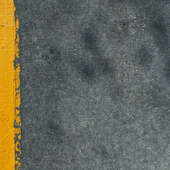 Local News 4/30/24Cape Girardeau County Commission selects from eight bids for road project2Cape Girardeau County commissioners received eight bids for a County Road 516 grading improvement project. They accepted the lowest bid during their meeting Monday, April 29. Bids came from Murphy Excavating, Jokerst Inc., Roper Excavating, Elmer...
Local News 4/30/24Cape Girardeau County Commission selects from eight bids for road project2Cape Girardeau County commissioners received eight bids for a County Road 516 grading improvement project. They accepted the lowest bid during their meeting Monday, April 29. Bids came from Murphy Excavating, Jokerst Inc., Roper Excavating, Elmer... -
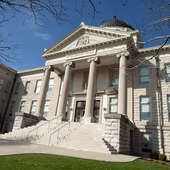 Local News 4/30/24SEMO’s hospitality management program receives accreditationSoutheast Missouri State University’s hospitality management program received accreditation from the Accreditation Commission for Programs in Hospitality Administration (ACPHA), the university announced Monday, April 29. ...
Local News 4/30/24SEMO’s hospitality management program receives accreditationSoutheast Missouri State University’s hospitality management program received accreditation from the Accreditation Commission for Programs in Hospitality Administration (ACPHA), the university announced Monday, April 29. ... -
 Local News 4/30/24Cracked windshield leads to Sunday shooting incident on I-55 that injured three; Sikeston man faces multiple felony charges3BENTON — A Sikeston man faces multiple felony charges following a traffic incident that resulted in him allegedly shooting at another vehicle and injuring three of its occupants while driving on Interstate 55 on Sunday, April 28, in Scott County. ...
Local News 4/30/24Cracked windshield leads to Sunday shooting incident on I-55 that injured three; Sikeston man faces multiple felony charges3BENTON — A Sikeston man faces multiple felony charges following a traffic incident that resulted in him allegedly shooting at another vehicle and injuring three of its occupants while driving on Interstate 55 on Sunday, April 28, in Scott County. ... -
 Local News 4/30/24Sikeston man arrested for child endangerment, aggravated DWIA Sikeston man was arrested Saturday, April 27, on charges of driving while his license was revoked, second-degree endangerment of a child and aggravated DWI. Marcus Williams, 47, has six prior charges and four convictions of DWI and also was...
Local News 4/30/24Sikeston man arrested for child endangerment, aggravated DWIA Sikeston man was arrested Saturday, April 27, on charges of driving while his license was revoked, second-degree endangerment of a child and aggravated DWI. Marcus Williams, 47, has six prior charges and four convictions of DWI and also was... -
 Local News 4/30/24Cape Girardeau man arrested for fourth-degree assault, resisting arrest2A Cape Girardeau man was arrested on two charges, one of fourth- degree assault and the other of resisting arrest Sunday, April 28. Jhaiden Blue-Umfleet, 22, was in an altercation with another man outside a bar when a Cape Girardeau police officer...
Local News 4/30/24Cape Girardeau man arrested for fourth-degree assault, resisting arrest2A Cape Girardeau man was arrested on two charges, one of fourth- degree assault and the other of resisting arrest Sunday, April 28. Jhaiden Blue-Umfleet, 22, was in an altercation with another man outside a bar when a Cape Girardeau police officer... -
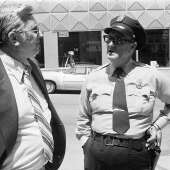 Photo Gallery 4/30/24Sgt. John Hayden: Writing tickets with a friendly smileA few months before he retired, Cape Girardeau police Sgt. John Hayden was featured in a picture page in the Sunday, May 19, 1974, edition of the Southeast Missourian. Four photographs were published with the article, but photographer Gordon L....
Photo Gallery 4/30/24Sgt. John Hayden: Writing tickets with a friendly smileA few months before he retired, Cape Girardeau police Sgt. John Hayden was featured in a picture page in the Sunday, May 19, 1974, edition of the Southeast Missourian. Four photographs were published with the article, but photographer Gordon L.... -

-
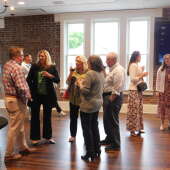 Most read 4/29/24Buckner-Ragsdale building begins new life as an event center10After a year of construction, The Buckner-Ragsdale Event Center at 132 Main St. in Cape Girardeau has opened. A preview event Thursday, April 25, served both to prepare staff for future events and to showcase the location to prospective...
Most read 4/29/24Buckner-Ragsdale building begins new life as an event center10After a year of construction, The Buckner-Ragsdale Event Center at 132 Main St. in Cape Girardeau has opened. A preview event Thursday, April 25, served both to prepare staff for future events and to showcase the location to prospective... -
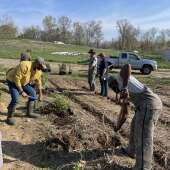
-
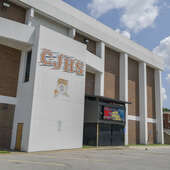 Local News 4/29/24Cape Girardeau junior high sees improvements since implementing ‘Power of ICU’ program6A program recently implemented at Terry W. Kitchen Central Junior High School in Cape Girardeau has quickly led to improved grades, fewer missing assignments and decreased disciplinary referrals, according to district officials. The program, called...
Local News 4/29/24Cape Girardeau junior high sees improvements since implementing ‘Power of ICU’ program6A program recently implemented at Terry W. Kitchen Central Junior High School in Cape Girardeau has quickly led to improved grades, fewer missing assignments and decreased disciplinary referrals, according to district officials. The program, called... -

-
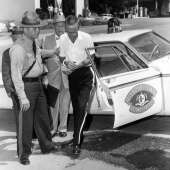
-

-
 Most read 4/26/24Scott City School District explains weapon situation involving middle school student1A Scott City Middle School student was taken into custody on Thursday morning, April 25, after he brought a gun, later determined to be a BB gun, to the school, according to a message sent from the district to parents...
Most read 4/26/24Scott City School District explains weapon situation involving middle school student1A Scott City Middle School student was taken into custody on Thursday morning, April 25, after he brought a gun, later determined to be a BB gun, to the school, according to a message sent from the district to parents... -
 Most read 4/25/24Local public school admins urge Gov. Parson to veto omnibus education bill due to funding concerns16A 150-plus page education bill that has passed through the state House of Representatives and Senate has local public school administrators urging Gov. Mike Parson to veto it. Concerns surrounding Senate Bill 727 — which evolved from a 12-page bill...
Most read 4/25/24Local public school admins urge Gov. Parson to veto omnibus education bill due to funding concerns16A 150-plus page education bill that has passed through the state House of Representatives and Senate has local public school administrators urging Gov. Mike Parson to veto it. Concerns surrounding Senate Bill 727 — which evolved from a 12-page bill... -
 Most read 4/24/24Cape Girardeau school board to implement cellphone pouches at junior high, buy out leased pouches at high school9The Cape Girardeau School District Board of Education voted unanimously Monday night to implement the YONDR cellphone pouches at Terry W. Kitchen Central Junior High School for the 2024-25 school year, in addition to buying out the current stock of...
Most read 4/24/24Cape Girardeau school board to implement cellphone pouches at junior high, buy out leased pouches at high school9The Cape Girardeau School District Board of Education voted unanimously Monday night to implement the YONDR cellphone pouches at Terry W. Kitchen Central Junior High School for the 2024-25 school year, in addition to buying out the current stock of...

